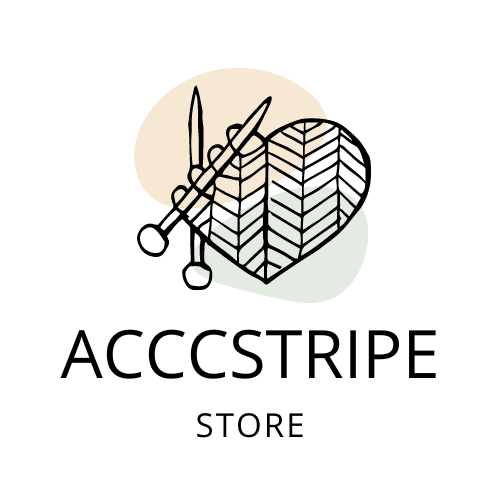Sober living
What is gas station heroin? Here are the health risks of Tianeptine
Research has identified relapse patterns in adolescents and adults recovering from addiction. In one study, two-thirds of the adults relapsed in social situations in https://4equality.info/short-course-on-what-you-need-to-know-2/ which they experienced urges and temptations to drink or use. One third experienced relapses when they were experiencing negative emotions and urges to drink/use.
ADHD in Children: Signs, Symptoms, and Help
Now she’s a homeowner, she started a small business and says life is “awesome.” Mental health and wellness tips, our latest guides, resources, and more. Yes, pets are a responsibility, but caring for an animal makes you feel loved and needed.
- Bear in mind the person recovering from an addiction will need real-time to go through these big steps (not just a few days or a month).
- There is no one “right” type of addiction treatment, although some approaches are better supported by research than others.
- • Empowerment—finding the wherewithal to cope with recovery and the challenges of life, which breeds a sense of self-efficacy.
- There are tips and resources available to help you along your SUD and relationship recovery journey.
Addiction Treatment Options for Drugs and Alcohol

A relapse does mean that it’s important to find help and support and make positive changes to better avoid the underlying causes of a relapse in the future. https://youngstaremancipation.org/how-to-get-rid-of-a-hickey/ We want to be clear that addiction recovery is a lifelong journey. Sobriety is always the goal, but many people will experience setbacks and relapses.

Stage 4: Action
Learning what one’s triggers are and acquiring an array of techniques for dealing with them should be essential components of any recovery program. Recovery from addiction is not only possible, it is the rule, rather than the exception. S. National Survey on Drug Use and Health, more than 75 percent of people addicted to alcohol or drugs recover—their condition improves and substance use no longer dominates their life. It is often a long and bumpy path, and relapse is nearly inevitable—but that doesn’t spell the end of recovery. Understanding the deep connections between stress and drug addiction is essential to recovery.
In Portland, Oregon, elected leaders declared a state of emergency earlier this year over the public health and public safety crisis fueled by fentanyl. If you or a loved one are seeking help for addiction, call now for free, confidential assistance. Estimates from the 2021 NSDUH should not be compared with estimates from previous https://aganswers.net/optimizing-crop-harvest-efficient-techniques-for-maximum-output/ years because the COVID-19 pandemic necessitated methodological changes to the data collection process. Confidential help for employees and their families to resolve substance misuse and drug testing issues. This cycle can be hard to break, but it is possible with the right recovery strategy for you and your partner.
- Fortunately, most of the acute symptoms of withdrawal pass within a week or two of quitting.
- It typically takes eight years or longer to achieve long-term remission even with high quality treatment and medical care.
- Planning in advance a way out of high-risk situations—whether an event, a place, or a person—helps support intentions in the face of triggers to use.
- However, it is important to recognize that this rate is comparable to relapse rates for other chronic health conditions such as hypertension and asthma.
